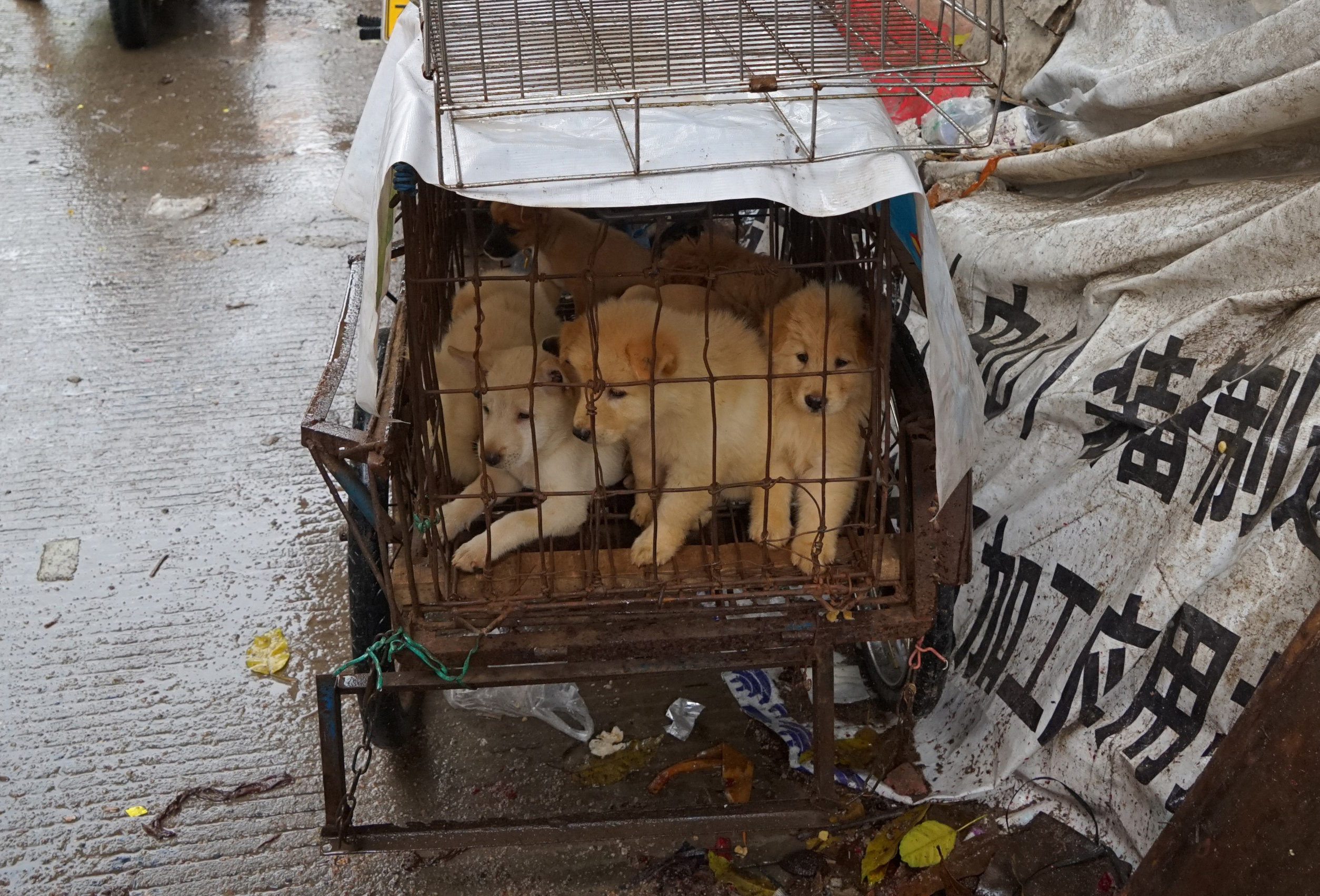The Yulin Dog Meat Festival
The Yulin Dog Meat Festival is an annual controversial event held in Yulin, Guangxi, China during the summer solstice. Typically lasting 10 days, it celebrates the beginning of summer by eating dog meat and lychees. Estimates indicate around 10,000-15,000 dogs are slaughtered for meat each year during this festival. Consuming dog meat is considered a social norm in parts of China, as some believe it provides health benefits. However, the brutality involved in procuring the animals and lack of humanitarian slaughter practices have sparked worldwide condemnation.

Documenting the Festival and Animal Welfare Concerns
Animal rights activists travel to Yulin each year to document conditions and rescue dogs. Footage shows animals crammed into filthy cages without adequate space, food or water. Many exhibit signs of distress and illness. Other clips depict dogs being bludgeoned, stabbed, hung or skinned alive in front of others. Critics argue this unnecessary cruelty contravenes basic animal welfare standards. Supporters counter that deaths are quick when done properly. Regardless, the stress-induced prior to slaughter could negatively impact meat quality and safety. Overcrowded and unsanitary transport also risks spreading zoonotic diseases.
Cultural Relativism Versus Universal Rights
Defenders argue condemnation stems from cultural bias, not objective morality. While dogs are companions in the West, they are livestock in parts of China with a long tradition of consumption. However, others believe certain basic rights should transcend cultural relativity- including freedom from cruelty. octopus and pigs are also intelligent but rarely abused for flavor as reported in Yulin. If tradition alone justified practices, many outdated customs would still stand. With globalization, cultural values increasingly intersect and influence one another.
Hypocrisy of Selective Outrage
Critics are not wrong to point out hypocrisy in selective condemnation. Pigs, cows, and other domesticated animals endure harsh industrial conditions and slaughter worldwide with less outrage. Eating alligators, dogs and horses also occurs and seems no less strange. Still, outrage stems primarily from documented brutality against sentient beings capable of suffering - a universal concern. With global media exposure, previously localized practices impacting welfare now face broader review. While dietary habits vary, cruelty itself invites near-universal reproach.
Ending Unnecessary Suffering
Most agree tradition does not justify needless harm. Targeting only the cruelest practices could build understanding while reducing suffering. Food security and livelihoods also require consideration in any changes. With open dialogue and compromise and alternative protein sources, perhaps a humane festival celebrating local flavors without dogs could still satisfy cultural needs and economic interests, while sparing innocent lives from brutality. Ending spectacle suffering and overcrowded transport would measurably improve welfare without banning consumption or tradition entirely. Progress often happens gradually through cooperation, not condemnation alone.
Finding Common Ground and a Path Forward
On balance, neither complete defense nor blanket condemnation of the festival seem fully justified. Outrage alone risks calcifying positions, while inaction ignores real welfare issues. By acknowledging nuances on all sides, common ground may emerge. With good faith on both sides, workable solutions balancing culture, ethics and animal protection seem possible. An open, respectful and solutions-focused dialogue that considers all perspectives, not just our own biases, offers the most constructive way forward to meaningful progress on this complex issue with global ramifications. Understanding often paves the path to positive change.

 Life in Baghdad: Perspectives on Safety and Progress
Life in Baghdad: Perspectives on Safety and Progress